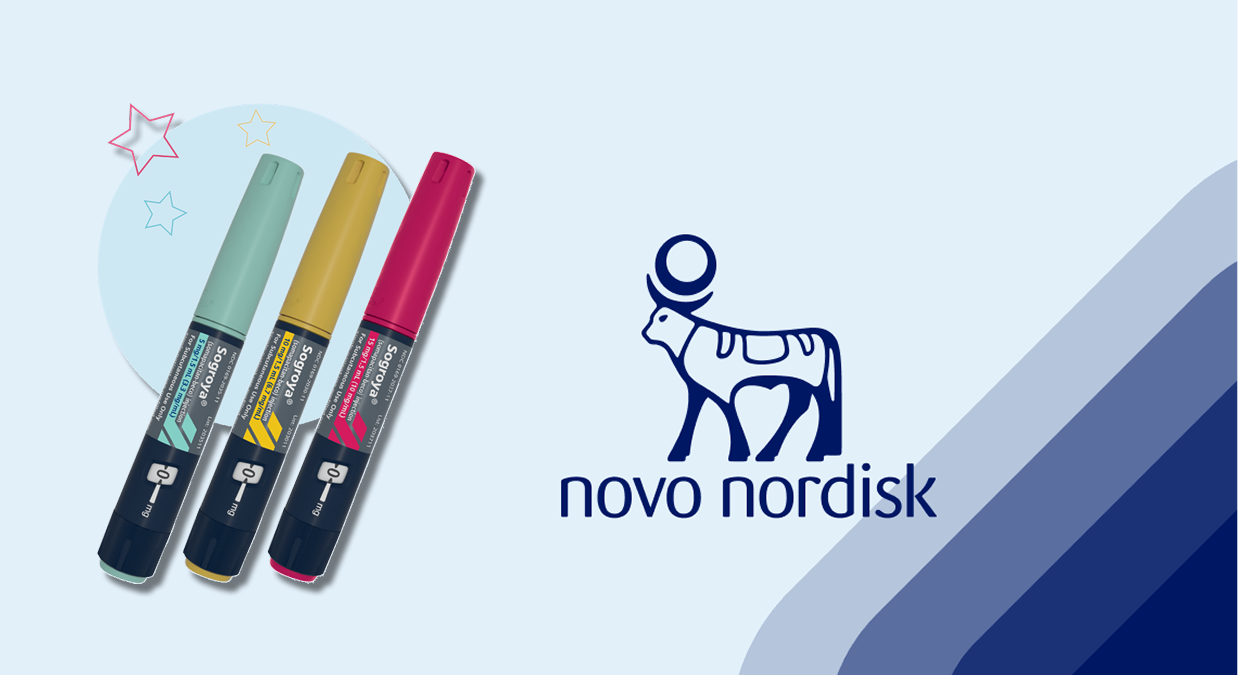Once-Weekly Sogroya® (somapacitan) Shown To Be Effective And Well-Tolerated In Children With Growth Disorders In REAL8 Phase 3 Basket Study
Novo Nordisk’s Sogroya shows positive results in REAL8 study, matching daily growth hormone for children with growth disorders.
Breaking News
May 12, 2025
Simantini Singh Deo

Novo Nordisk has announced positive results from the Phase 3 REAL8 basket study, demonstrating that once-weekly Sogroya (somapacitan) is as effective as once-daily Norditropin (somatropin) in improving annual growth rates in pre-pubertal children with various growth disorders. These include children born small for gestational age (SGA), children with Noonan syndrome (NS), and those with idiopathic short stature (ISS). The findings were presented as three late-breaking abstracts at the first Joint Congress of the European Society for Paediatric Endocrinology (ESPE) and the European Society of Endocrinology (ESE) held in Copenhagen, Denmark.
The REAL8 study met its primary endpoint, showing non-inferiority in height velocity at 52 weeks across all three indications. In addition, Sogroya showed superior efficacy in certain subgroups. In children with Noonan syndrome, it resulted in a higher estimated mean height velocity compared to daily somatropin (10.4 cm/year versus 9.2 cm/year). Similarly, in children born small for gestational age, once-weekly Sogroya led to greater height velocity when compared with a lower dose of daily somatropin (11.0 cm/year versus 9.4 cm/year) and was comparable to a higher dose (11.0 cm/year versus 11.1 cm/year). For children with idiopathic short stature, growth outcomes with Sogroya were similar to those receiving daily treatment (10.5 cm/year in both groups).
“Children with growth failure face many health challenges beyond just being shorter than their
peers. They often have metabolic disruptions and developmental difficulties that can seriously
affect their wellbeing and quality of life, as well as long-term effects such as increased risk of
cardiovascular disease or type 2 diabetes. The REAL8 data presented today marks an important step forward in providing these patients with an effective, once-weekly option that can potentially reduce treatment burden and improve adherence and treatment outcomes,” stated Professor Agnès Linglart, Professor of Paediatric at the Bicêtre Paris-Saclay University and Hospital, France, and one of the lead investigators on REAL8.
Martin Lange, executive vice president for Development at Novo Nordisk, said in a statement, “Treatment adherence is an issue when it comes to improving outcomes in children with growth failure. Imagine if a child misses only one day of treatment each week, amounting to 52 missed days per year. Over a seven-year treatment window, this results in one year of missed treatment and can have a significant knock-on impact on their health. We are committed to providing a portfolio of
growth hormone therapies with flexibility in administration timing and missed doses, which may better suit the needs of children with growth failure. These encouraging results from REAL8 mark a significant step forward in achieving that commitment.”
Sogroya was well tolerated, with no new safety or tolerability concerns identified compared to the daily treatment. The insulin-like growth factor 1 (IGF-1) response in patients treated with once-weekly Sogroya was consistent with those receiving daily somatropin. Daily injection regimens can be burdensome for children and their caregivers, often leading to poor adherence and suboptimal outcomes. Studies have shown that missed doses over time can significantly impact final height, with a reported difference of 6.1 cm in height over three years between adherent and non-adherent patients.
A once-weekly option like Sogroya may help improve adherence and long-term outcomes by reducing treatment burden. Based on the results from the REAL8 and REAL9 studies, Novo Nordisk submitted regulatory applications for Sogroya for the treatment of SGA, NS, and ISS in both the European Union and the United States in April 2025. Additional results from the Turner syndrome sub-study within the REAL8 trial are expected later this year.
